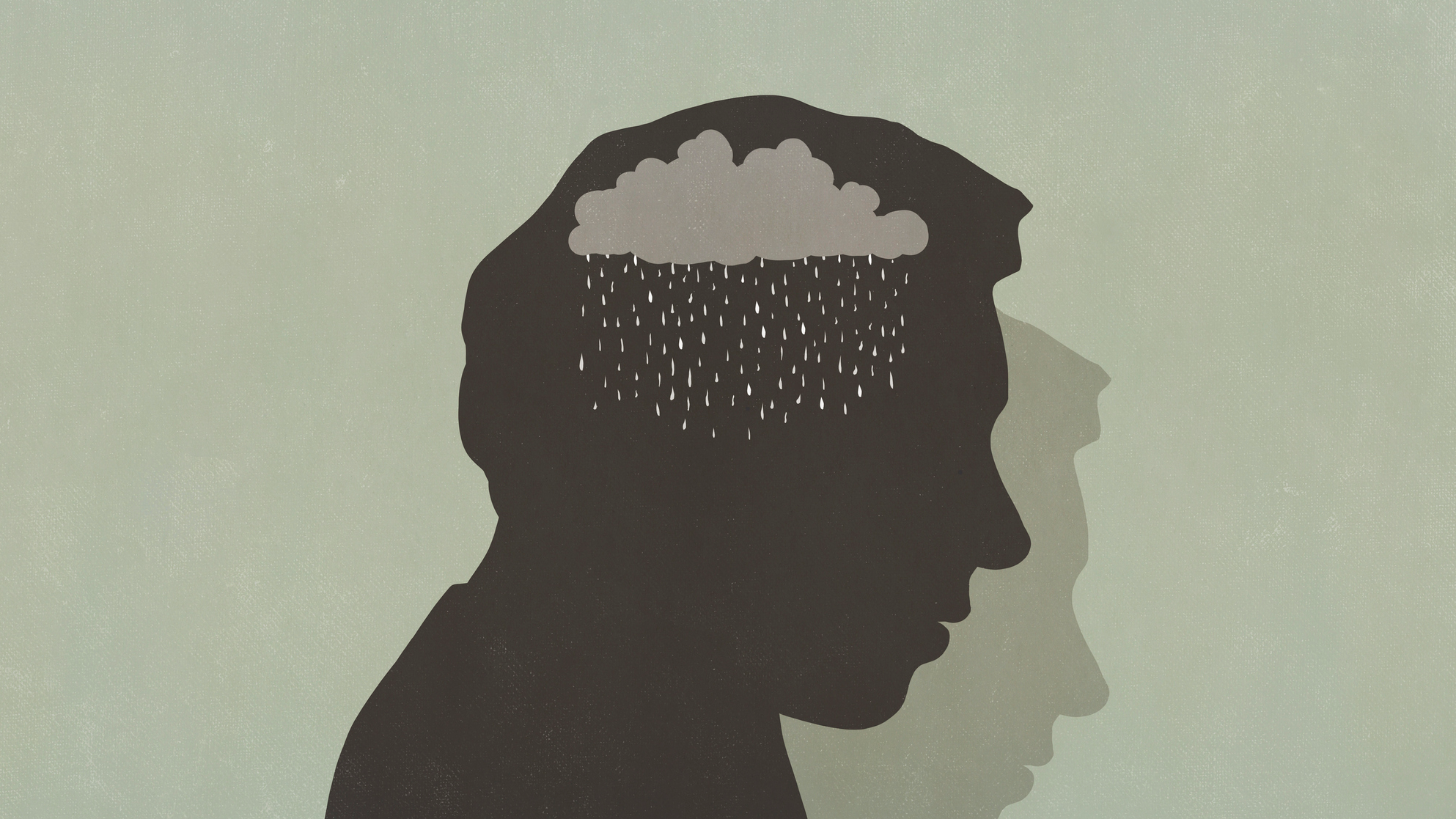Nutrition: What to eat to beat SAD (Seasonal Affective Disorder) this winter
Seasonal Affective Disorder and coronavirus restrictions can make you sad and depressed at winter, but your diet can help


Feeling melancholy in the winter, and don't know why? Seasonal Affective Disorder is a common issue. A type of depression that comes and goes in a seasonal cycle, often in winter, SAD symptoms can include a persistent low mood along with lethargy, food cravings and increased irritability.
Some experts believe it's the changes in our body's internal clock that causes SAD to occur around the same time each year, while others believe it's a a lack of the sunshine vitamin D, which is harder to get through the skin in the winter. Either way, it's a problem for many men and women the world over.
SAD, like any mental health problem, is a tough battle. However, we can adjust our diets to give ourselves a fighting chance.
Harvard University found omega-3 fatty acids, which are common in oily fish, can help us battle mental health disorders and boost our mood. Omega-3 fatty acids are thought to work on two fronts, reducing inflammation and interacting with the molecules in our brain that control mood, to help us feel better. This is why oily fish like tuna and salmon are known as "brain food".
An extra helping of dietary vitamin D, which we're not getting enough of through sunlight, can also help balance our mood. A study of diabetic women in the Journal of Diabetes Research found participants who took vitamin D supplements reported a significant decrease in the symptoms of depression and anxiety.

Vitamin D can be found in egg yolks, oily fish, and red meat. You can also artificially enrich mushrooms with vitamin D by leaving them on the windowsill for a few hours, where they will soak in the sun's rays and transfer those benefits to you.
“Mushrooms are neglected at our peril in the fruit and veg rainbow we are encouraged to eat," says author and nutritionist Amelia Freer.
Get the Fit&Well Newsletter
Start your week with achievable workout ideas, health tips and wellbeing advice in your inbox.
"High in antioxidants, they’re commonly overlooked as a significant source of the sunshine vitamin D. If you can’t get your hands on already vitamin D-enriched mushrooms and can only find regular mushrooms, here’s a little tip: place them on the window sill on a sunny day and in as little as an hour or two they become a rich source of vitamin D - magic.”
Gut health can also play a big role in mental health. High-fibre foods, such as whole grain breads, rolled oats, nuts and seeds, play a role alongside prebiotic and probiotic foods such as yoghurts and fermented foods like sourdough bread, kimchi cabbage and kombucha tea. These are all essential for encouraging a healthy gut, according to BMI Healthcare.
Liked this?
Matt Evans is an experienced health and fitness journalist and is currently Fitness and Wellbeing Editor at TechRadar, covering all things exercise and nutrition on Fit&Well's tech-focused sister site. Matt originally discovered exercise through martial arts: he holds a black belt in Karate and remains a keen runner, gym-goer, and infrequent yogi. His top fitness tip? Stretch.
-
 Put down the protein shake—this high-protein chicken and rice recipe is a better way to refuel after a workout
Put down the protein shake—this high-protein chicken and rice recipe is a better way to refuel after a workoutAnd it only takes 10 minutes to make
By Lou Mudge
-
 The three Pilates exercises every beginner should start with, according to an expert instructor
The three Pilates exercises every beginner should start with, according to an expert instructorA sequence that will take you no more than 10 minutes
By Alice Porter